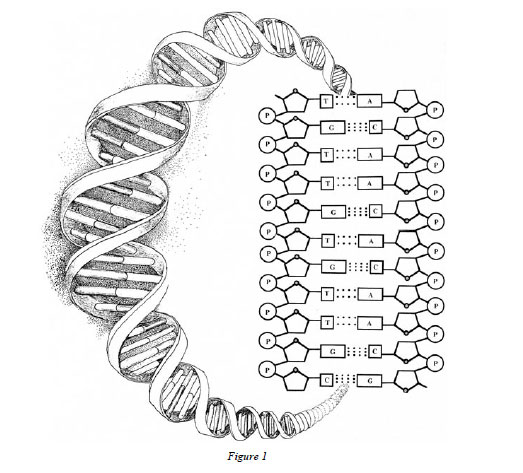According to Theistic Evolution, Did God Direct Evolution and Know Its Outcome?
| By: John G. West Bio Discovery Institute; ©May 1, 2009 |
| In the initial years after Darwin’s theory was proposed, most theistic evolutionists believed that God guided the evolutionary process to specific ends. |
In the initial years after Darwin’s theory was proposed, most theistic evolutionists believed that God guided the evolutionary process to specific ends. However, as the Darwinian view of the undirected nature of evolution gradually solidified in the scientific community, defenders of theistic evolution increasingly disowned the idea of guided evolution. Consequently, many leading proponents of theistic evolution today insist that Darwinian evolution by definition is an undirected process and that not even God knows what the process will produce with certainty or specificity.
For example, Anglican John Polkinghorne writes that “an evolutionary universe is theologically understood as a creation allowed to make itself.” [Quarks, Chaos, and Christianity, p. 113] Former Vatican astronomer George Coyne claims that “not even God could know… with certainty” that “human life would come to be.” And biologist Kenneth Miller of Brown University, author of the popular book Finding Darwin’s God (which is used in many Christian colleges), insists that evolution is an undirected process, flatly denying that God guided the evolutionary process to achieve any particular result—including the development of human beings. Indeed, Miller insists that “mankind’s appearance on this planet was not preordained, that we are here… as an afterthought, a minor detail, a happenstance in a history that might just as well have left us out.” [Finding Darwin’s God[1](1999), p. 272]
Miller does say that God knew that the undirected process of evolution was so wonderful it would create some sort of rational creature capable of praising Him eventually. But what that something would be was radically undetermined. How undetermined? At a 2007 conference, Miller admitted that evolution could have produced “a big-brained dinosaur” or a “mollusk with exceptional mental capabilities” rather than human beings. [Quoted in Darwin Day, p. 226]








